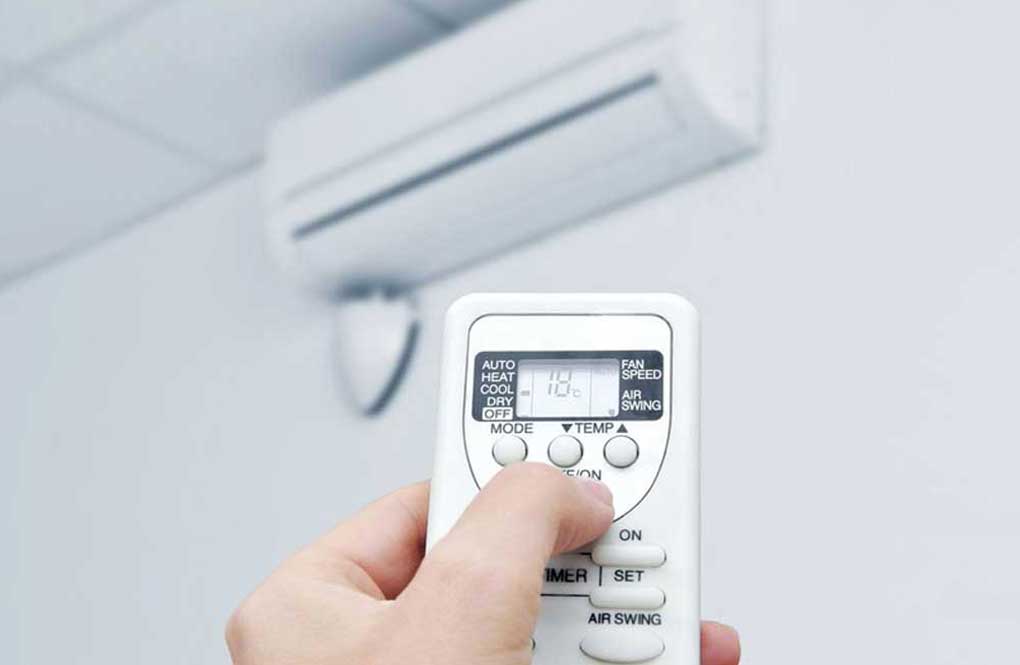
Over the coming weeks Danielle King, founder of Green Moves Australia, will be teaming with AP Group to share some bite sized tips on how to make your pharmacy or office greener in 2021.
The team at AP Group have recently gone through Danielle’s crash course and can vouch for the fact that it is much easier than we first thought. With a few simple changes AP Group have managed to significantly lower power consumption and reduced our waste going into landfill!
Most energy use in a retail environment is usually heating and cooling. Good management of these systems can reduce energy consumption by up to 30%, reduce maintenance and improve internal comfort for staff and customers. It also lowers your carbon footprint.
- Service heating and cooling systems regularly with a properly qualified tradesperson. They should check that grills and filters are clear and cleaned, refrigerant levels are good and no leaks, valves are operating well and other relevant items. Regular servicing not only improves efficiency of the unit, it also contributes to a longer lifespan and reduced cost to run.
- Insulate and draft proof the building or store. Good insulation (particularly in the ceiling) and sealing drafts can reduce heating and cooling costs significantly and makes the building more comfortable. Keep windows and doors closed when using the heating and cooling.
- Optimise operational controls – Set timers to turn the system on 15 mins before opening or starting work, and off at the close of business. This reduces the time the systems are running and saves wasted energy. Ensure scheduled closures (ie Christmas day, public holidays) are also noted so that the building is not being heated or cooled when its not in use. Finally, set the thermostat to 24 degrees C in summer, and 20 degrees C in winter.
- If your system is over 10 years old, consider upgrading to a more energy efficient system. Newer systems are between 20-40% more energy efficient and use refrigerants that are better for the environment. Opt for a unit with a natural refrigerant, as many synthetic refrigerants are now being phased out. Check in your state to see if there is any grant funding to assist with the capital cost of upgrades.
For more information on energy efficient heating and cooling systems – the NSW government have a good Guide to HVAC systems – available here https://energysaver.nsw.gov.au/media/1386/download
– Andrew Whelan, General Manager at AP Group
Green Moves provides consumers and businesses with a selection of sustainability services that are designed to minimise energy costs and reduce environmental footprints – www.greenmoves.com.au













